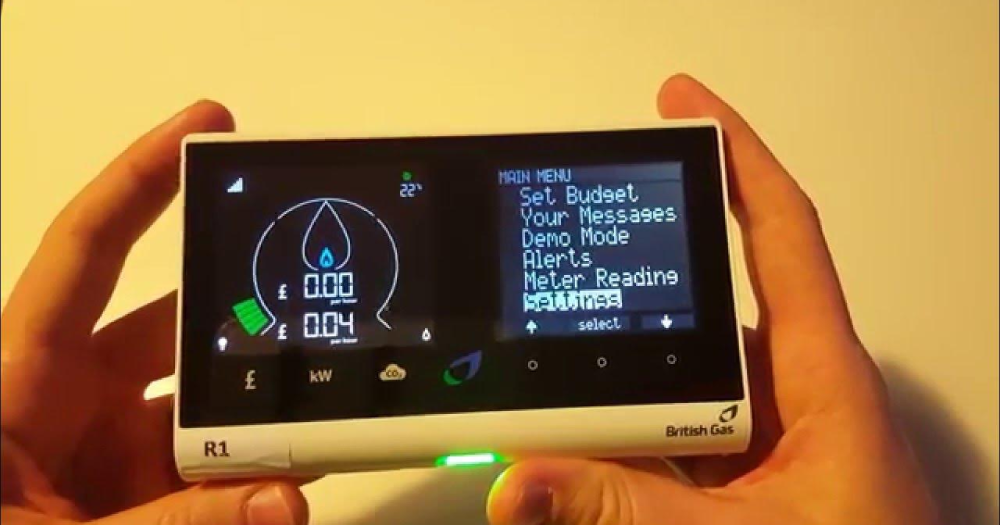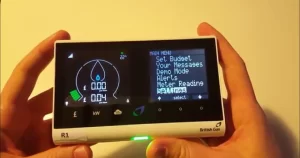Smart Energy Meter

Smart Energy Meter: Revolutionizing Energy Management
A Smart Energy Meter is an advanced device designed to measure, monitor, and report electricity consumption in real time. Unlike traditional meters, which require manual reading, smart energy meters use digital technology to collect and transmit data automatically to utility providers and consumers. This innovation is transforming the way energy is managed, promoting efficiency, and enabling a more sustainable future.
How Does It Work?
Smart energy meters are equipped with advanced sensors and communication modules. They record energy usage at regular intervals and send this data via wireless or wired networks to the utility company. The data is also accessible to consumers through mobile apps or web portals, providing them with detailed insights into their energy consumption patterns.
Key Features
-
Real-Time Monitoring
Smart meters provide instantaneous feedback on energy usage, helping consumers understand their consumption habits. -
Remote Reading
They eliminate the need for manual meter readings, reducing operational costs and the risk of human error. -
Two-Way Communication
These meters can send data to the utility provider and receive instructions, such as remote disconnection or tariff updates. -
Dynamic Pricing
Smart meters enable time-of-use pricing, where electricity costs vary based on demand, encouraging users to consume energy during off-peak hours.
Benefits
-
Energy Efficiency
By providing detailed consumption data, smart meters empower users to optimize their energy usage and reduce waste. -
Cost Savings
Real-time feedback and dynamic pricing help consumers save money by shifting usage to cheaper periods. -
Sustainability
Encouraging efficient energy use contributes to reducing carbon emissions and supporting renewable energy integration. -
Improved Grid Management
Utilities can monitor the grid more effectively, respond to outages faster, and integrate renewable energy sources more seamlessly.
Challenges
While smart energy meters offer numerous advantages, their implementation is not without challenges. Concerns about data privacy, high installation costs, and the need for robust infrastructure can hinder widespread adoption. However, governments and energy companies worldwide are investing in overcoming these barriers to realize the full potential of this technology.
Conclusion
The smart energy meter represents a significant leap forward in energy management. By fostering transparency, efficiency, and sustainability, it is playing a pivotal role in the transition to smarter, greener energy systems. As adoption grows, smart meters will undoubtedly become a cornerstone of modern energy infrastructure.
Related Posts

Complete LED Lighting
Complete LED Lighting Solutions LED (Light Emitting Diode) technology has revolutionized the lighting industry by offering energy-efficient, durable, and versatile

Temperature Sensors
Temperature Sensors: Temperature sensors are essential devices used to measure and monitor temperature in a wide range of applications. From

Smart Energy Meter
Smart Energy Meter: Revolutionizing Energy Management A Smart Energy Meter is an advanced device designed to measure, monitor, and report






